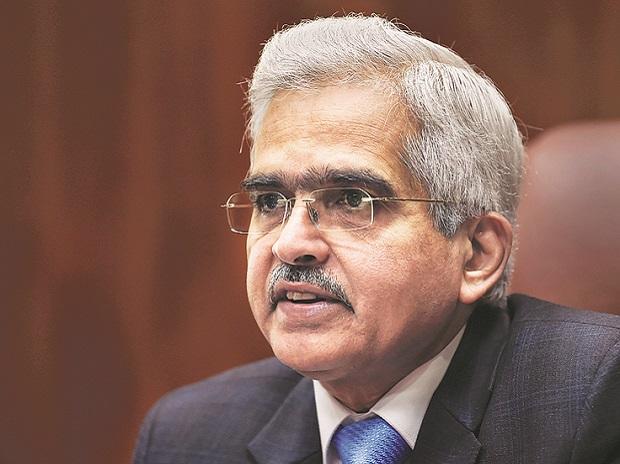Reserve Bank of India (RBI) governor Shaktikanta Das on Thursday said capital account convertibility will be a continued process, rather than an event, even as the country has progressed quite considerably in its quest towards full convertibility and internationalisation of its financial markets.
Speaking at the fourth annual meeting of the Foreign Exchange Dealers Association of India (FEDAI), governor Das also said the economic recovery is sharper than earlier anticipated, not just in India, but globally.
“Over the last three decades, India has undergone a transformation from being a virtually closed economy to one that is globally connected and open to a much larger volume of international transactions and capital flows than before. Today, the capital account is convertible to a great extent," Governor Das said in his keynote address.
In India today, inward Foreign Direct Investment (FDI) is allowed in most sectors and outbound FDI by Indian incorporated entities is allowed as a multiple of their net worth. The external commercial borrowing framework has been significantly liberalised to include more eligible borrowers, even as maturity requirements have been reduced and end-use restrictions have been relaxed, Das said.
Going forward, “capital account convertibility will continue to be approached as a process rather than an event, taking cognizance of prevalent macroeconomic conditions. A long-term vision with short and medium-term goals is the way ahead,” Das said.
Just a week before the monetary policy review, where the RBI is expected to give its outlook on growth, the RBI Governor expressed his satisfaction on a multi-speed economic recovery that started picking up pace from the second quarter.
“After witnessing a sharp contraction in GDP (gross domestic product) by 23.9 per cent in the first quarter, and a multi-speed normalisation of activity in the second quarter, the Indian economy has exhibited stronger than expected pick up in momentum of recovery," Das said.
This, coupled with the stronger than expected rebound in global economic activities in the third quarter has prompted the International Monetary Fund (IMF) to revise its assessment for global growth in 2020 “to a less severe contraction than what was assessed in June 2020.”
However, the recent surge in Covid infection in parts of India and in advanced economies continue to pose downside risk to the growth outlook. In this context, it is important to maintain demand.
“We need to be watchful about the sustainability of demand after festivals and a possible reassessment of market expectations surrounding the vaccine," the RBI Governor said, adding the monetary policy guidance in October emphasised the need to see through temporary inflation pressures and also maintain the accommodative stance at least during the current financial year and into the next financial year.
According to the Governor, a key source of resilience in recent months has been the comfortable external balance position of India supported by surplus current account balances over two consecutive quarters, resumption of portfolio capital inflows on the back of robust FDI inflows, and sustained build-up of foreign exchange reserves.
“The government’s recent policy focus to enhance India’s participation in global value chains, including through production linked incentives for targeted sectors, can leverage on the strong external balance position of India," he said.
The governor also asked the FEDAI to ensure that retail users in need of foreign exchange be helped in accessing the forex retail platform introduced by the central bank. Though he did not criticise banks for a hands-off approach in promoting the platform, Das called for a concerted effort by all banks to promote the platform for passing on the benefits of transparent and competitive pricing.
"The simplification and flexibility provided in the regulations must reach the end-user. In designing new products and new market segments, risk management systems and responsible market conduct should evolve in tandem as we open up to global players," Governor Das told the representatives of the banks.
 Dear Reader,
Dear Reader,
Business Standard has always strived hard to provide up-to-date information and commentary on developments that are of interest to you and have wider political and economic implications for the country and the world. Your encouragement and constant feedback on how to improve our offering have only made our resolve and commitment to these ideals stronger. Even during these difficult times arising out of Covid-19, we continue to remain committed to keeping you informed and updated with credible news, authoritative views and incisive commentary on topical issues of relevance.
We, however, have a request.
As we battle the economic impact of the pandemic, we need your support even more, so that we can continue to offer you more quality content. Our subscription model has seen an encouraging response from many of you, who have subscribed to our online content. More subscription to our online content can only help us achieve the goals of offering you even better and more relevant content. We believe in free, fair and credible journalism. Your support through more subscriptions can help us practise the journalism to which we are committed.
Support quality journalism and subscribe to Business Standard.
Digital Editor

RECOMMENDED FOR YOU